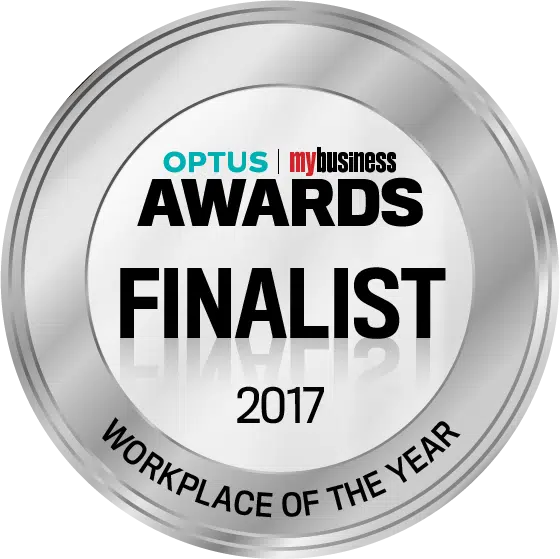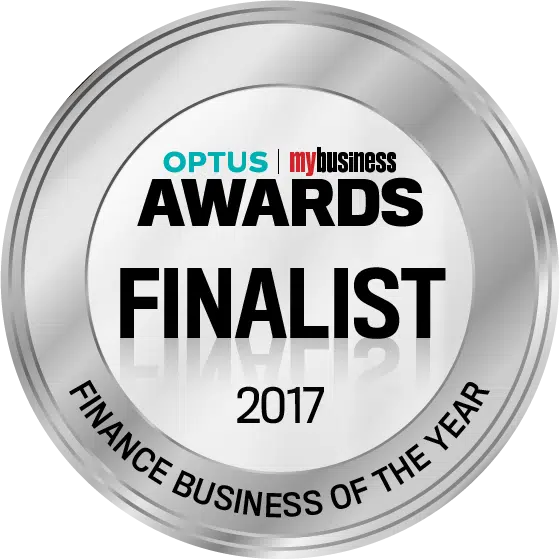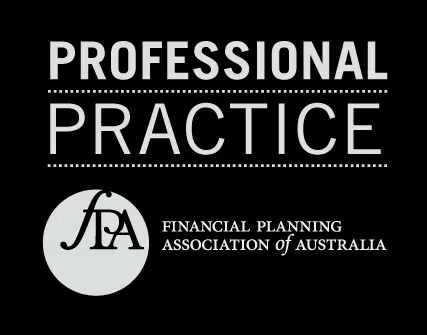You’ve probably heard it before: “You can’t borrow money inside superannuation.” It’s one of those financial myths that keeps doing the rounds, stopping business owners from exploring what could be a game-changing strategy for their future.
Here’s the truth: You absolutely can use your super to buy property, and you can even borrow to do it. The question isn’t whether it’s possible, it’s whether it’s right for your situation.
The Strategy That’s Hiding in Plain Sight
Picture this: You’re a business owner paying rent on your commercial premises month after month, watching those payments disappear into someone else’s pocket. Meanwhile, your super sits in an industry fund, ticking along but not really working hard for your future.
What if there was a way to combine these two realities? What if your super could buy the property your business operates from?
That’s exactly what we helped Dave* achieve. He owned his commercial property through a family trust but wanted better tax outcomes and stronger retirement planning. We structured a sale from his trust to his newly established self-managed super fund, tapping into small business tax concessions that meant no personal tax and moving $500,000 into his super environment. His super fund went from a few hundred thousand to nearly a million dollars, and when he eventually moves into pension phase, any property sale could be completely tax-free.
Who Should Consider This Strategy?
Not every business owner is suited to a self-managed super fund property strategy. We’re not interested in helping someone with $30,000 in super who wants to trade cryptocurrency. That’s not a strategy, that’s speculation.
The sweet spot? Business owners who have enough super for a property deposit, roughly $150,000 or more, and who either want to:
- Buy the commercial property they’re currently renting
- Take control of their superannuation investments
- Reduce their ongoing business expenses through property ownership
The Borrowing Arrangement That Makes It Possible
Here’s where those “you can’t borrow in super” myths get demolished. Limited Recourse Borrowing Arrangements (LRBAs) allow your super fund to borrow up to 70% of a property’s value. Your super provides the 25% deposit, and specialist lenders handle the rest.
The big banks won’t touch this space, they’re too nervous about the complications. But there are lenders like Granite and various mortgage funds who understand the market and offer competitive rates.
Take Dan*, a builder who wanted to buy the factory warehouse he was renting for his business. We set up his self-managed super fund, arranged the limited recourse borrowing, and handled all the moving parts. The deal settled recently, and Dan was amazed at how hands-off the process was for him.
What About Getting More Money Into Super?
Don’t have enough in your super fund yet? That’s where the real strategy comes in. There are several ways to boost your super balance:
- Annual contribution caps ($30,000 deductible contributions per person)
- Non-concessional caps ($150,000 per person)
- Small business concessions (up to $500,000 as a once-in-a-lifetime opportunity)
The key is understanding which combination works for your specific situation and business structure.
The Team Approach That Takes the Weight Off Your Shoulders
Here’s what separates a proper strategy from a DIY disaster: having the right team in place. Property investment through super isn’t just an accounting exercise. It touches financial planning, lending, legal requirements, and insurance considerations.
When we work with business owners on these strategies, we coordinate the entire process. Our financial planning partners ensure your investment strategy and insurance needs are properly addressed. Our lending specialists navigate the LRBA requirements. Our legal connections handle contracts and compliance.
You get to focus on running your business while we project-manage the strategy implementation.
The Misconceptions That Hold People Back
The biggest barrier isn’t usually money or eligibility, it’s misinformation. Business owners often think:
- “You can’t borrow in super” (Wrong)
- “It’s too complicated to manage” (Not with the right team)
- “The banks won’t lend” (The big banks won’t, but specialist lenders will)
- “I need millions in super to make it worthwhile” (A $150,000+ deposit can get you started)
Is This Strategy Right for You?
Like any financial strategy, self-managed super property investment isn’t universally suitable. It works best for business owners who want more control over their retirement planning and can see the long-term benefits of property ownership through super.
The tax advantages can be significant. Inside super, property income is taxed at just 15%. In pension phase, it could be tax-free entirely. Compare that to your marginal tax rate on rental income outside super.
But it requires commitment and the right advice for you. You’re taking on the responsibility of managing your own super fund, albeit with professional support.
The Next Step Forward
If you’re a business owner with substantial super balances and you’re curious about whether property investment through super could work for your situation, the best starting point is a conversation.
We can walk through your specific circumstances, explain how the strategy would apply to your business and super situation, and help you understand whether the benefits justify the commitment.
The beauty of working with a team that understands all the moving parts is that you get clarity, confidence and control over the process. No guesswork, no gaps in knowledge, just a clear path forward if the strategy fits your goals.
Want to find out more? Get in touch with Andrew at apearce@collinssba.com.au or call 1300 265 722 to book a chat.
*names changed to protect our client’s privacy





















